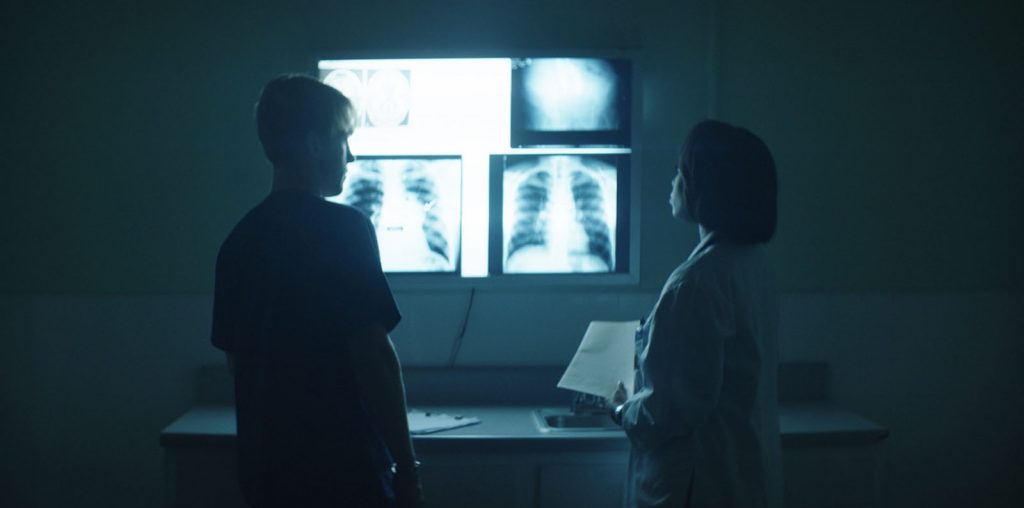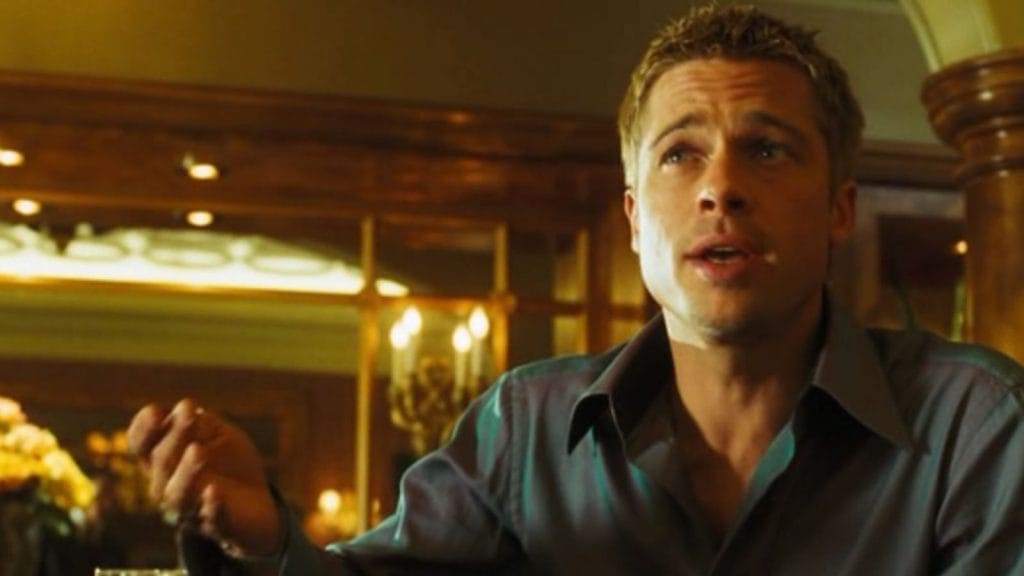
Young love can be a tumultuous, traumatic eye-opener. It can also tell you a lot about the person you are, and potentially craft the person you’ll become. Leah Meyerhoff’s I Believe In Unicorns is that story of growth for teenage Davina (Natalia Dyer).
One day after class, Davina catches a glimpse of Sterling (Peter Vack), your prototypical cinematic bad boy; he smokes, he skateboards, he slamdances and he could give a f**k. Clearly older than Davina, he nonetheless returns her interest, and the two start hanging out together. Not surprisingly, from that point on, it’s a tale of two Sterlings.
When they’re together privately, he’s the sensitive sort. He shares Davina’s whimsical views, and the two interact like childish playmates. Sure, they’re sharing kisses and contact, but most often it’s just playful young love.
Except when it’s not, and Sterling is being a stand-offish jerk. He can be moody, he can be rude and even physically rough. It is in these moments that the guy Davina wants to be with appears to not be anything like the man he is.
Mixed in with the journey of Davina and Sterling’s relationship, one that includes an actual journey in the form of a road trip, is stop-motion animation sequences telling the tale of a maiden, hunters, a unicorn and a dragon. What these elements correspond to in the real-world I’ll leave up to the audience’s interpretation; I have mine, but to talk about it would be to reveal more elements of the plot, which I’d rather not do. These stylistic components work, however, allowing for the emotional story to be expressed in a more fantastical way.
Which also works in a more obvious sense, as often we can’t read where Davina’s mind is in her silences, but the animation sequences give away, based on interpretation, where her mind is at. In that way, we know where this is going (if we didn’t already). But that predictability is not a negative.
Ultimately, I appreciated how this story was handled by the filmmaker. This is a tale of a young relationship, and one that was arguably doomed from the start. But it’s also a story that almost all of us can relate to in some way. If you knew where some relationships were headed, you’d likely avoid them, but for those that do go through them and come out the other side, they’re often life-defining, or at least important to our understanding of who we are. In that way, this story is one of self-discovery for Davina, and the title a pronouncement. Whether it defines who she was, who she is, who she will be, or all of the above, I’ll again leave to you; I have my answer.

